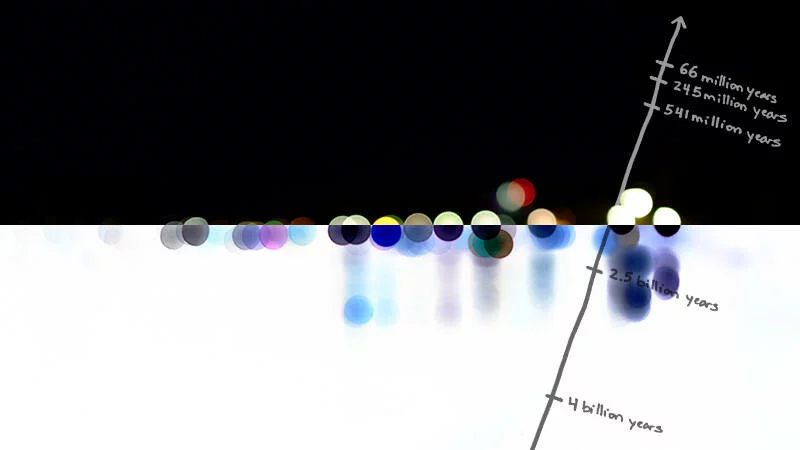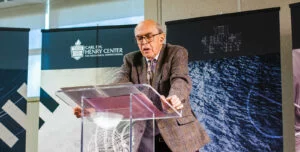Christians are those who strive to believe and obey the voice of God, revealed and preserved in holy writ. It is a classic position with implications for faith in the modern world, not least the tensions that some experience between biblically informed convictions and many of the claims of natural science. Even if scholars might dispute this or that alleged conflict between science and faith, the perceived tensions loom large in the popular psyche.
At the same time, Scripture calls believers to engage the broader culture in winsome, intelligent, and faithful ways. The Lord is not pleased with immodest and inflammatory anti-intellectualism in the church.Science arguably should be taken seriously for reasons internal to the Christian faith, not least that the triune God is Creator of everything. Given that science is such a pervasive part of our lives, Christians are reckless not to take it seriously. Such anti-science sentiment will only bring disrepute to the faith. If we are trying to point people to a saving knowledge of Jesus, then should we not use language non-Christians find intelligible, even including the grammar of science?
But the issues at stake are not only apologetic or evangelistic. Science arguably should be taken seriously for reasons internal to the Christian faith, not least that the triune God is Creator of everything. As the early creeds put it—and they were simply following Scripture—God is the maker of heaven and earth (e.g., Ps. 146:6). Christians should take science seriously for theological reasons, for it is in the discipline of natural science that we see gifted men and women exploring God’s handiwork. As historians have shown, science as we know it today owes much of its existence to the very logic of Christian theology.E.g., see Peter Harrison, The Fall of Man and the Foundations of Modern Science (Cambridge: Cambridge University Press, 2007). Conversely, the interpretive questions raised by science have allowed for deeper reflection on neglected aspects of the biblical text.
Caught in the midst of these allegiances—faithful obedience to the Bible and thoughtful engagement with the prevailing beliefs of our age—the believer must always walk a tightrope. He doesn’t want an unduly suspicious stance toward science that may undermine creational reality and general revelation (as some accuse young earth creationists), nor does he want to wobble on Holy Scripture (as some accuse evolutionary creationists). In the throes of this dilemma, we find old earth creationism, which has always tried to balance those two priorities in a specific way, i.e., faithfully listening to both Scripture and science.
Posing the Question
Some worry, however, that this balancing act hides an Achilles heel. If old earth creationism purports to listen to science, then should it not in our time morph into a more evolutionary creationism? After all, mainstream scientists are not debating the reality of evolution—as far as they’re concerned, it’s a settled fact. In a post-Darwinian world, is there any remaining plausibility to old earth creationism? These concerns motivate the present Areopagite, and we have boiled them down to the following question: Given your acceptance of the scientific consensus on the age of the cosmos, why do you reject the consensus regarding human evolution? I posed that question to an invited panel of old earth creationists.
The dialogue follows the same format as our recent Areopagite on evolutionary creationism. Our five respondents are David Snoke, Ted Cabal, Ken Keathley, Tim Morris, and Fuz Rana. I will serve as the moderator; after the five initial responses, I will offer a “Redirect” that raises questions prompted by each of the responses. In the second round, the respondents will offer rejoinders to my Redirect.
These are not new questions. Old earth creationism has been around a long time. Nonetheless, old questions are worth revisiting now and then, and we hope this dialogue will engage the issues in a fresh and interesting way.







Comments
Be the first one to make a comment!